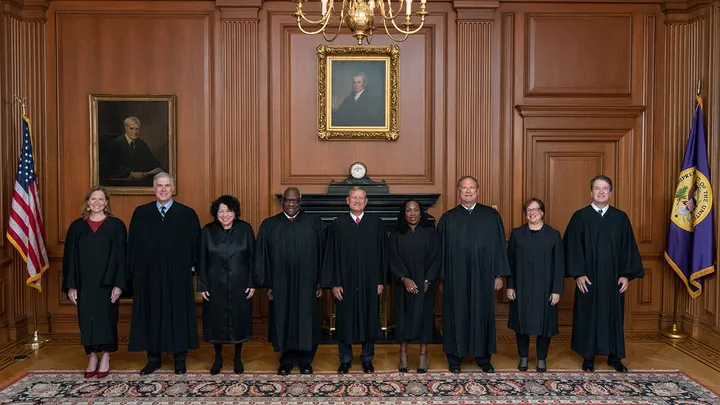A group of East Coast fishermen sued a federal agency that required them to pay $700 for daily “at sea monitors,” and the Supreme Court decided last month that the government’s rule exceeded the boundaries Congress established for the federal agency.
By doing this, the high court reversed the Chevron doctrine, a legal principle that was developed in the 1980s that states that, in cases where a federal regulation is contested, the courts should accept the agency’s assessment of whether Congress had authorized it.
The Supreme Court’s ruling, according to Sen. Eric Schmitt, a Republican from Missouri, “represents an opportunity for Congress to retake legislative power from agencies and dismantle the administrative state” and “deals a critical blow to the disastrous Chevron deference standard.”







